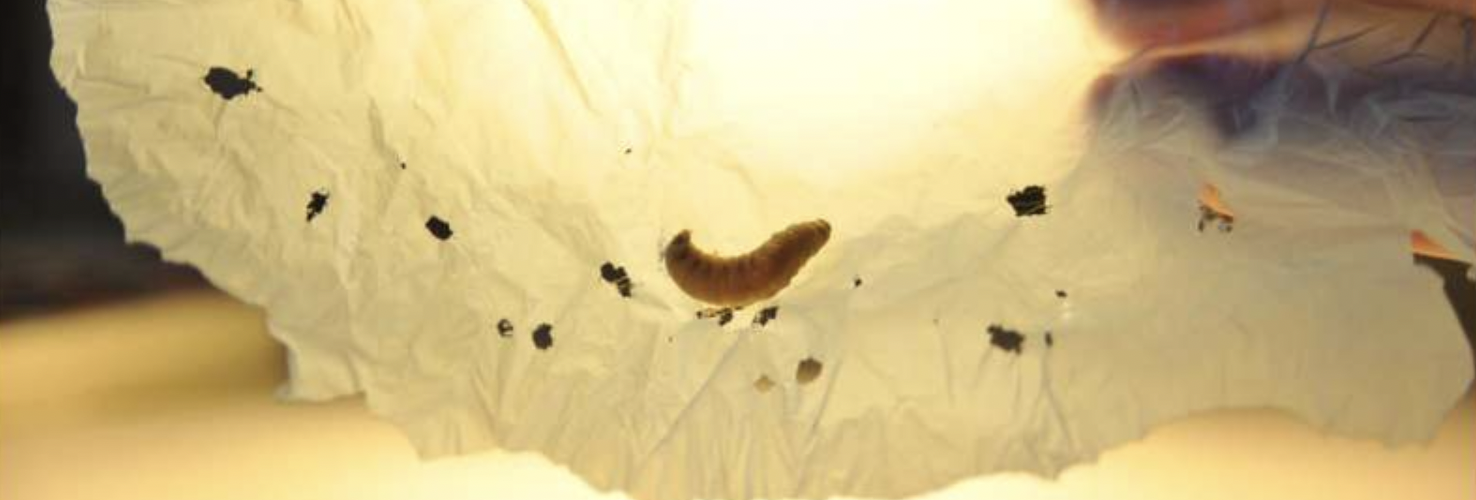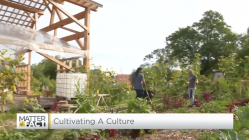In recent years, plastic pollution has emerged as one of the most pressing environmental challenges of our time. The accumulation of plastic waste in landfills and oceans poses a severe threat to ecosystems and human health. However, amidst this crisis, nature has once again offered us a glimmer of hope.
Bertocchini, from the Institute of Biomedicine and Biotechnology of Cantabria (CSIC), Spain, collaborated with colleagues Paolo Bombelli and Christopher Howe at the University of Cambridge’s Department of Biochemistry to conduct a timed experiment. They recently made a surprising discovery: the wax worm caterpillar, also known as Galleria mellonella, has a remarkable ability to digest and break down polyethylene, a common type of plastic used in shopping bags, packaging materials, and more. This finding has opened up a new avenue for developing biodegradable solutions to combat plastic pollution.
Scientists say that the degradation rate is extremely fast compared to other recent discoveries, such as bacteria reported last year to biodegrade some plastics at a rate of just 0.13mg a day.”If a single enzyme is responsible for this chemical process, its reproduction on a large scale using biotechnological methods should be achievable,” said Cambridge’s Paolo Bombelli, first author of the study published today in the journal Current Biology.
Read more at: https://phys.org/news/2017-04-caterpillar-bags-biodegradable-solution-plastic.html#jCp



























